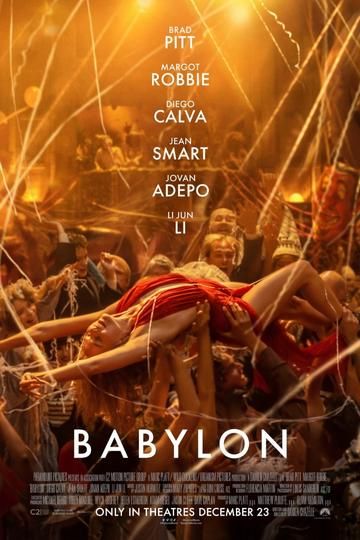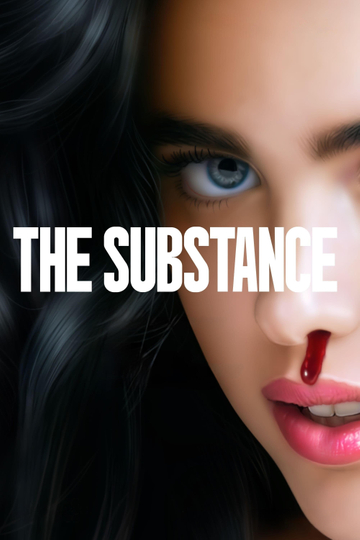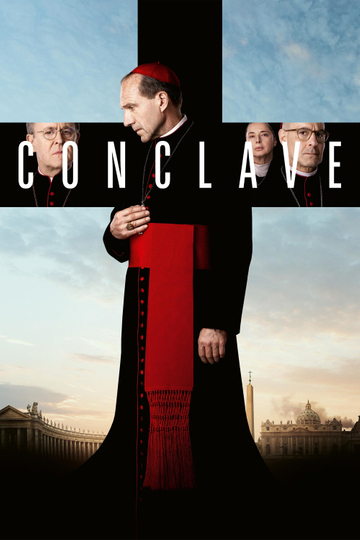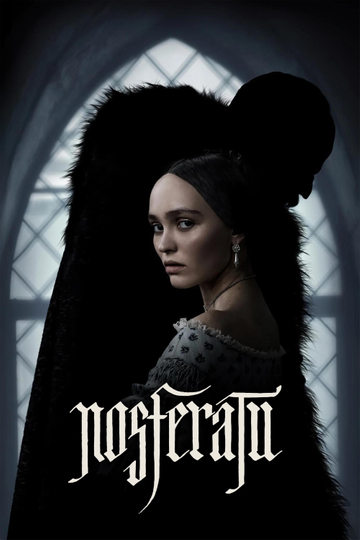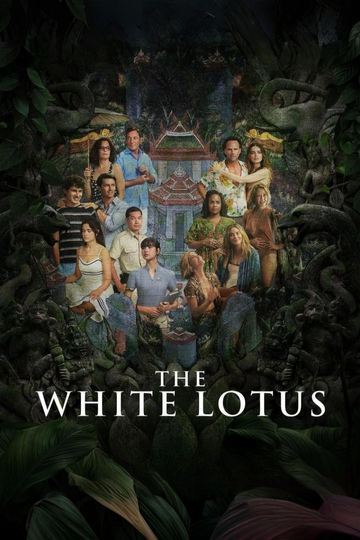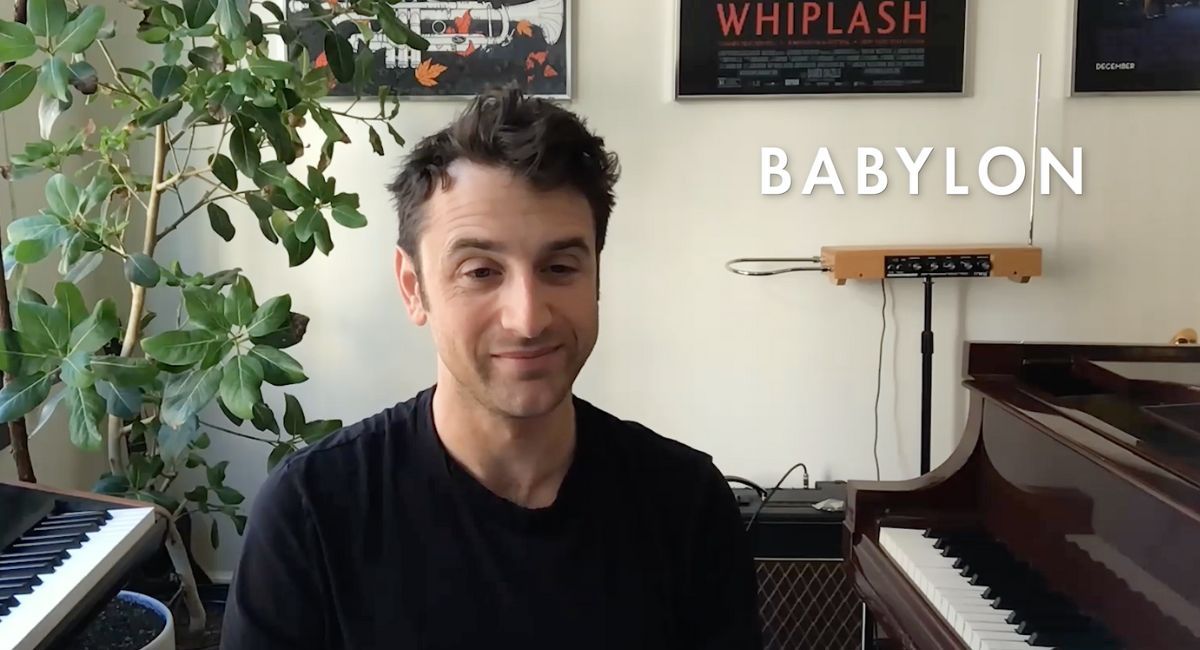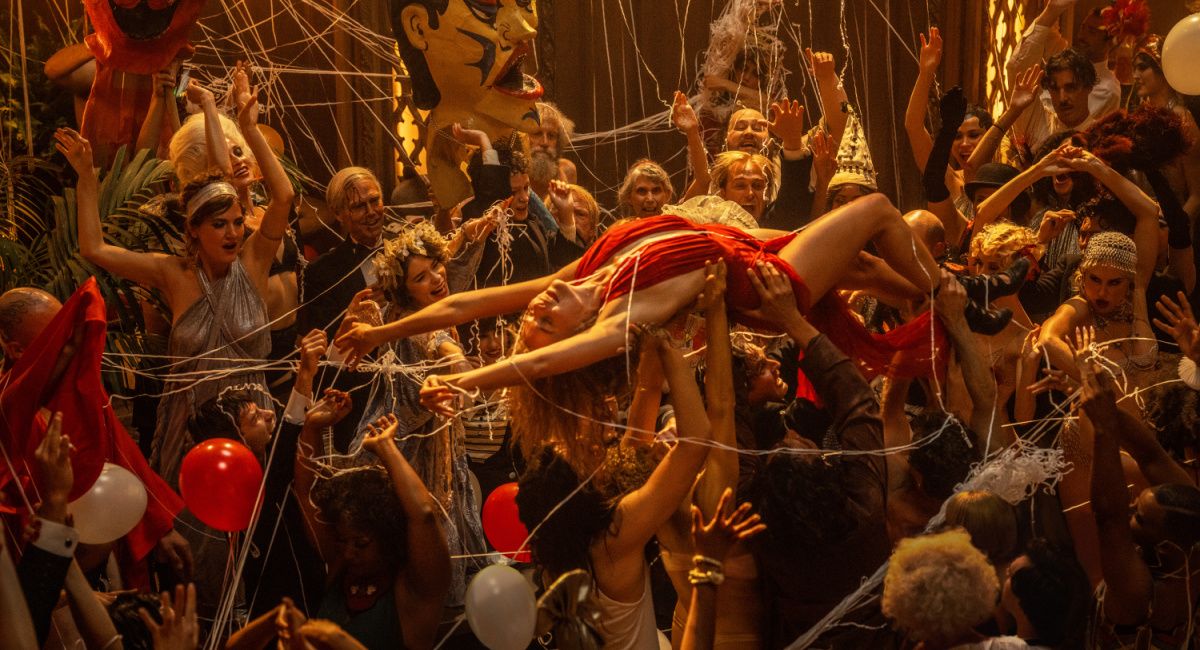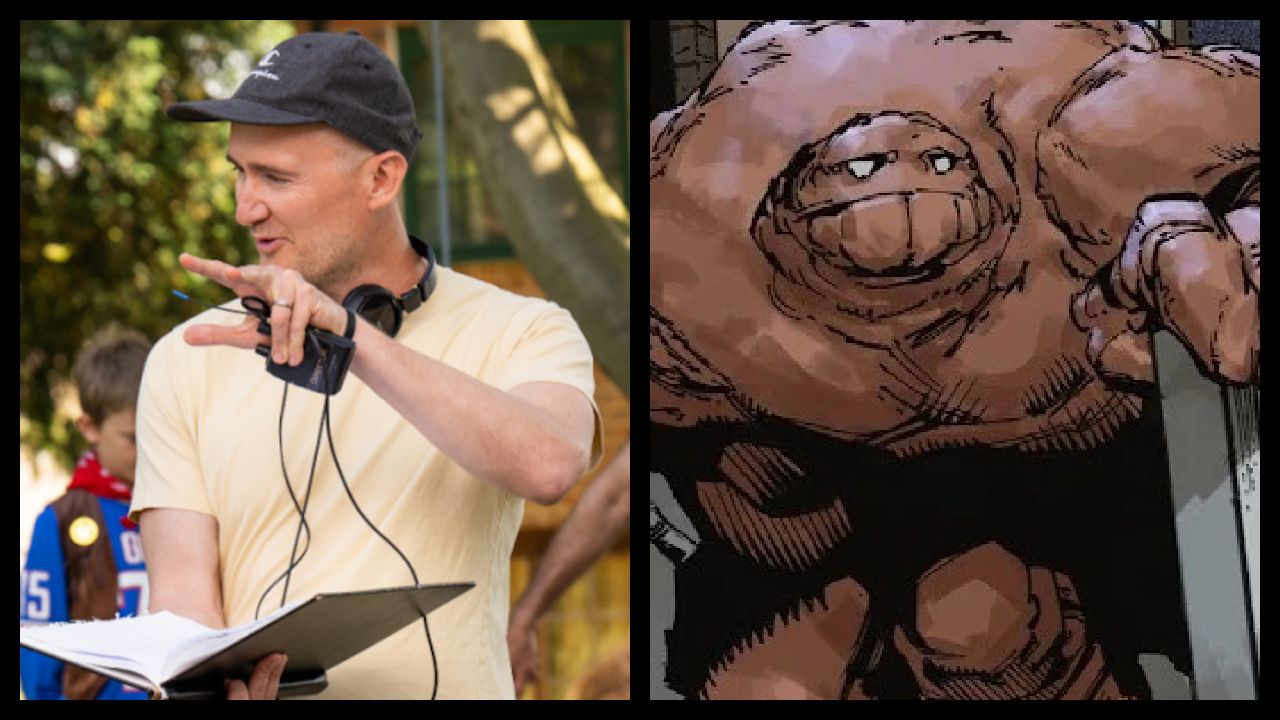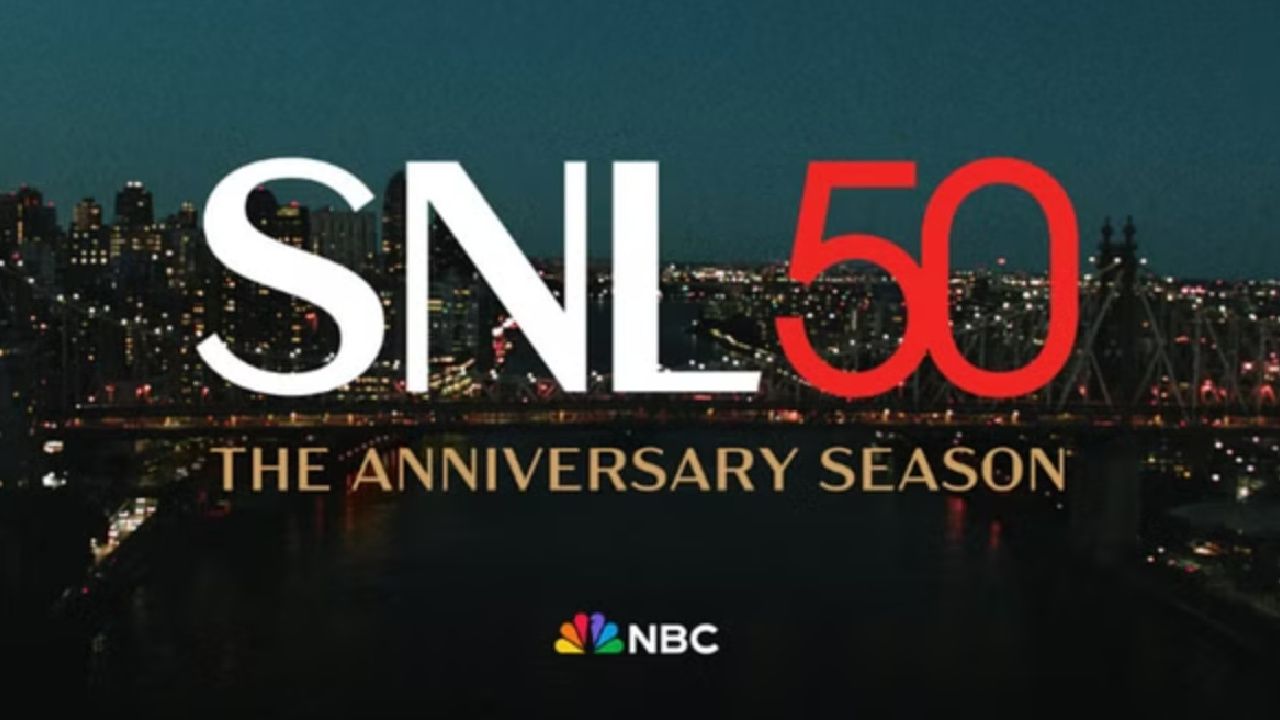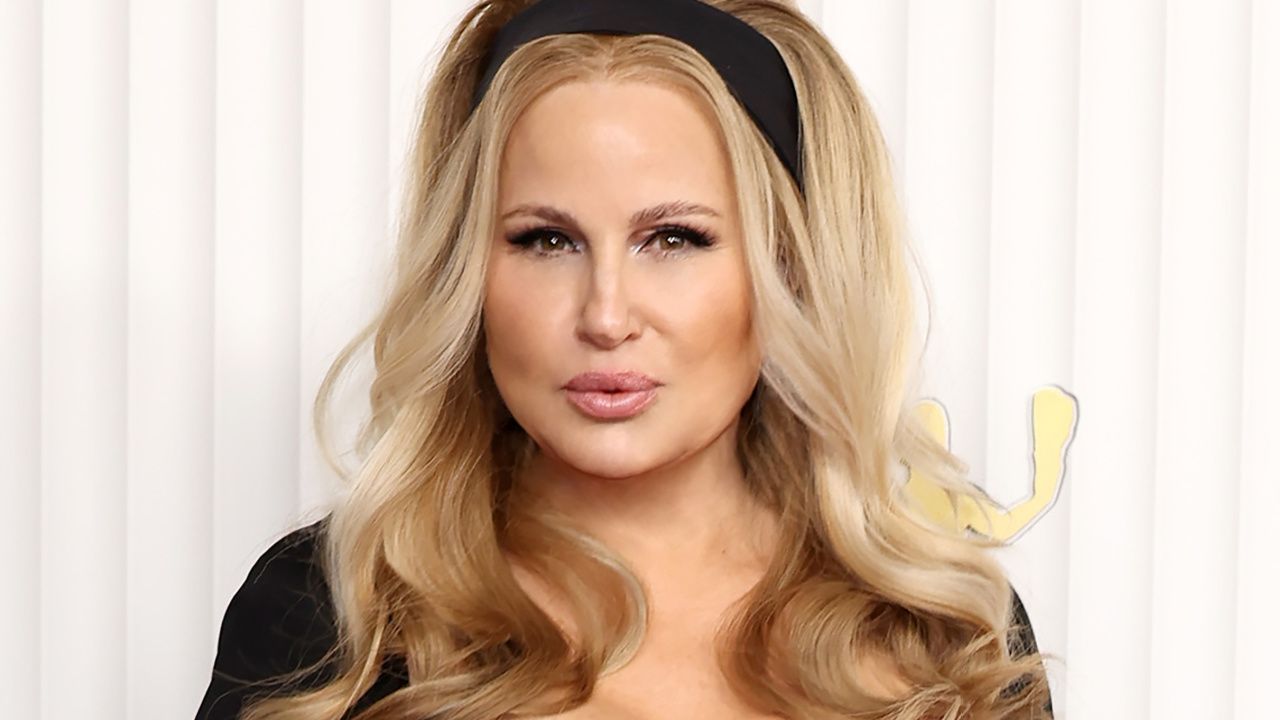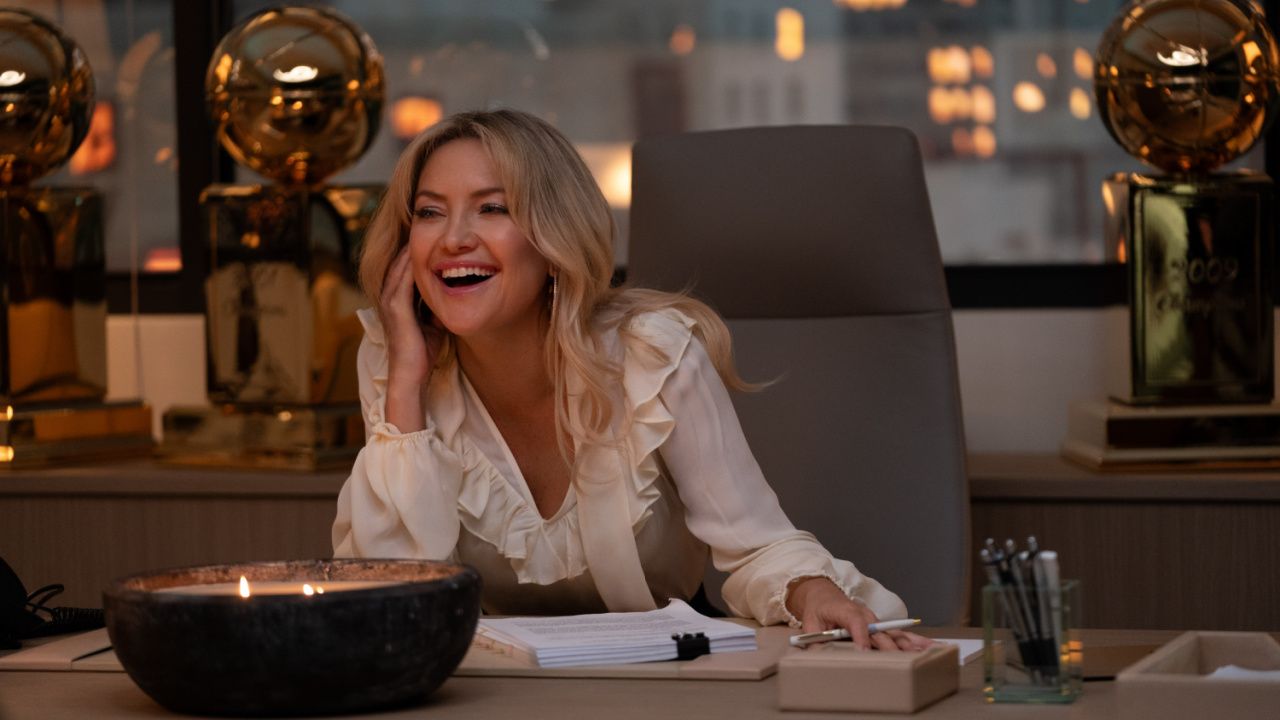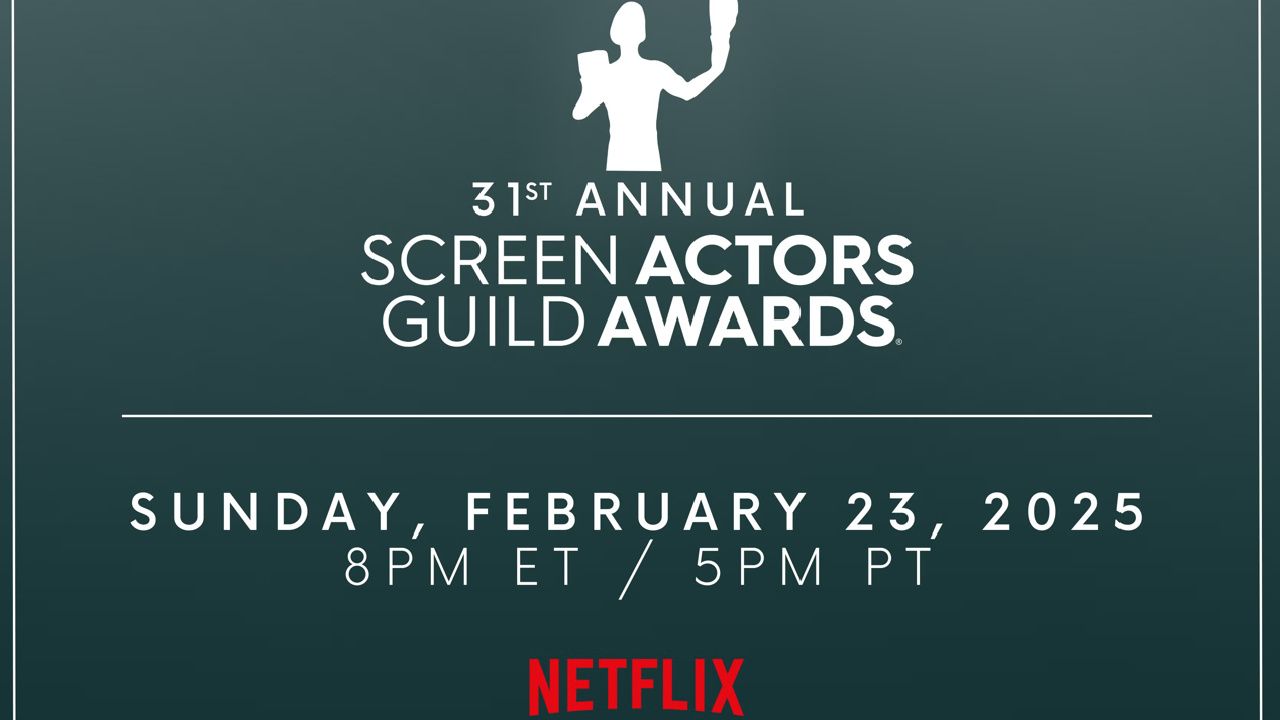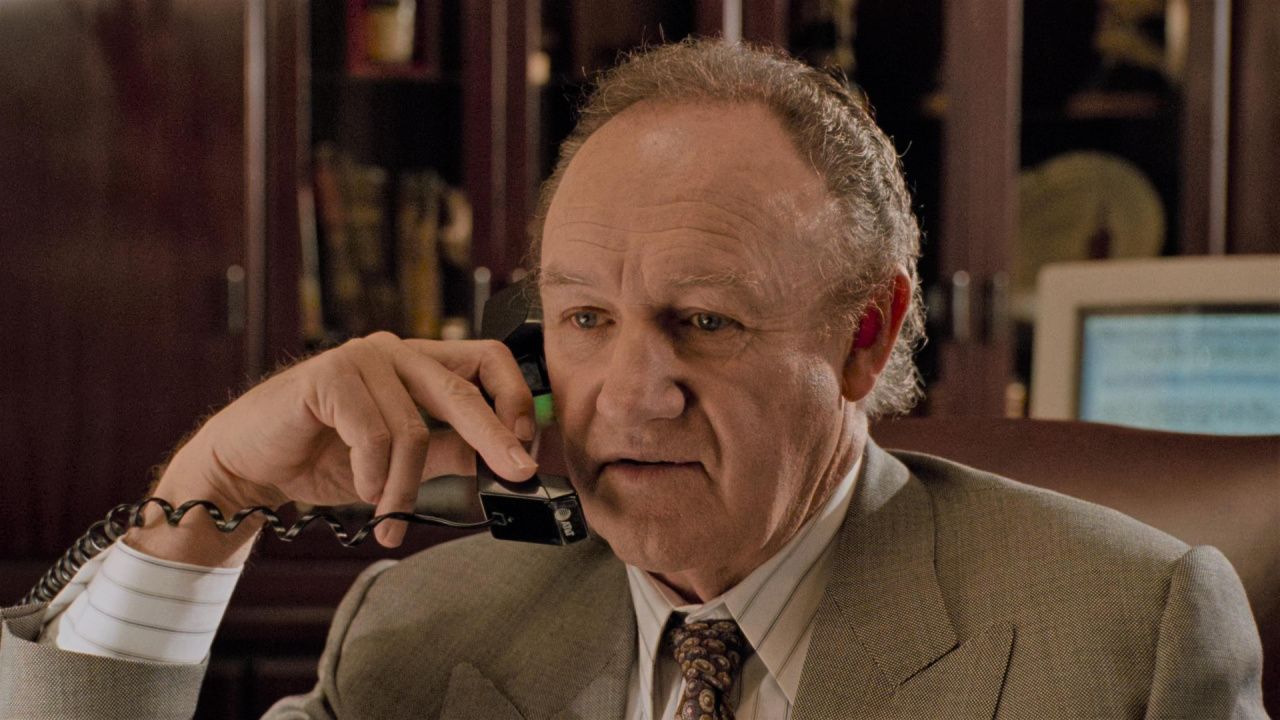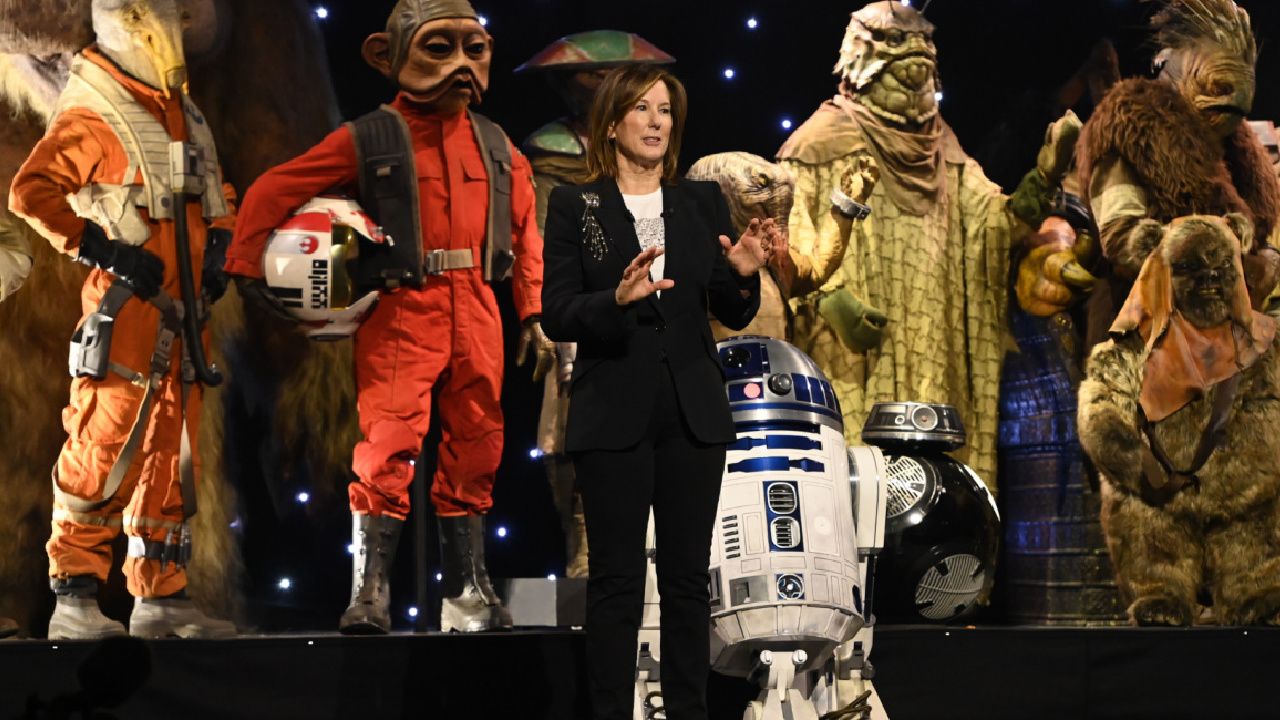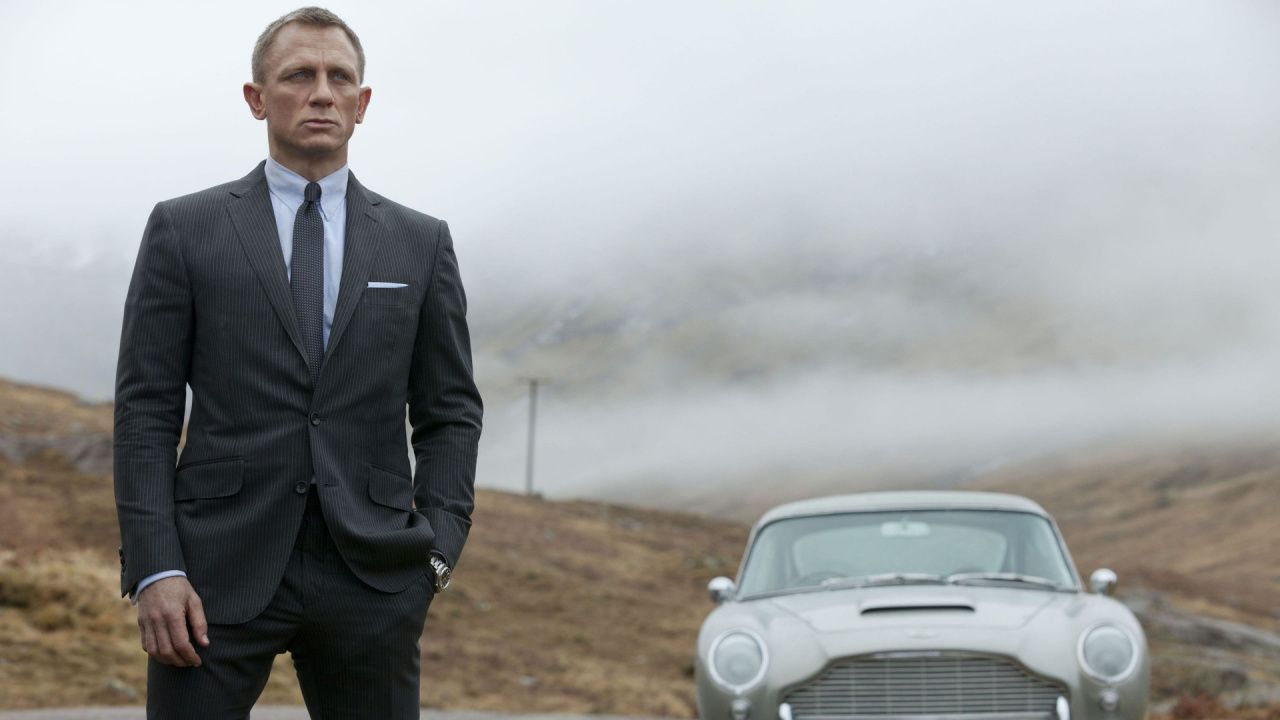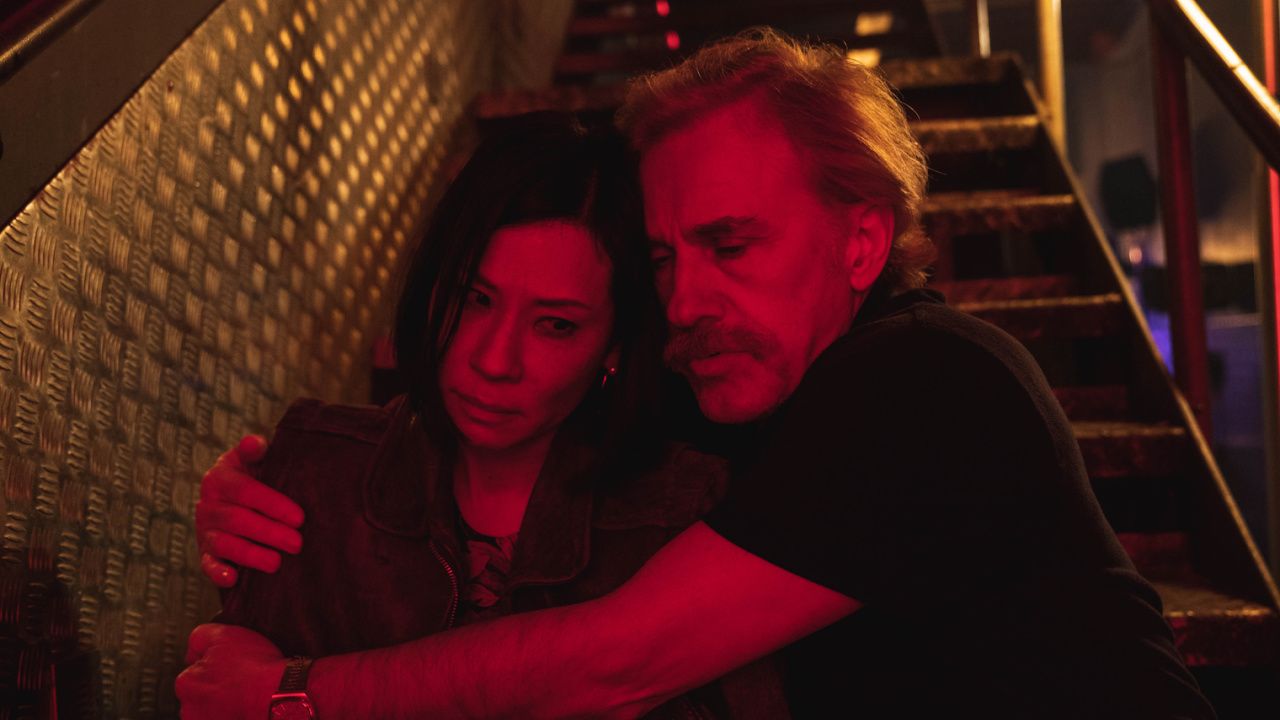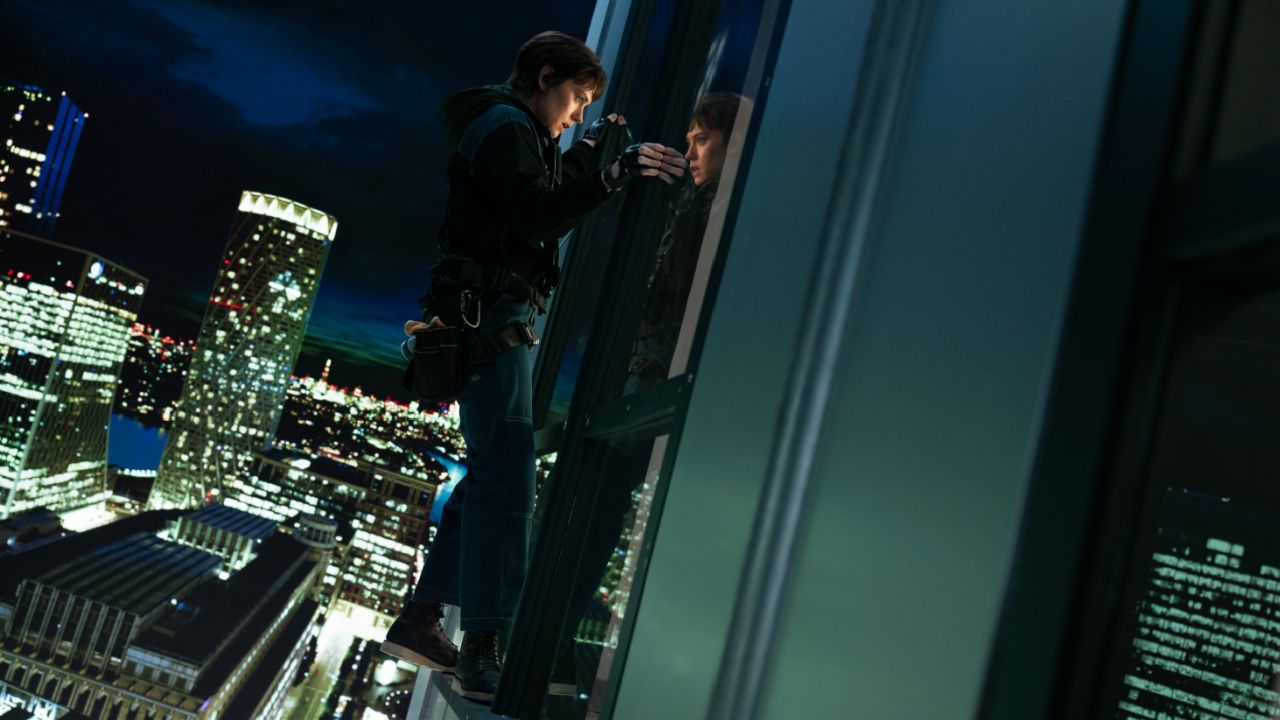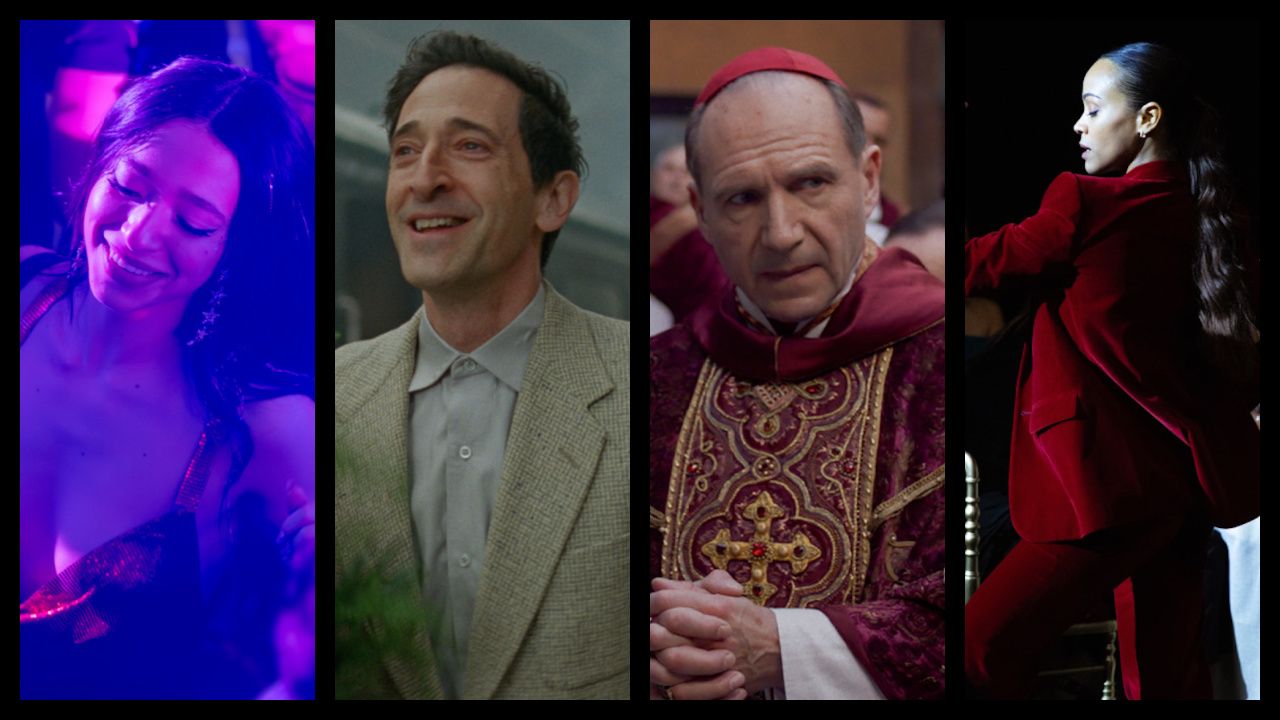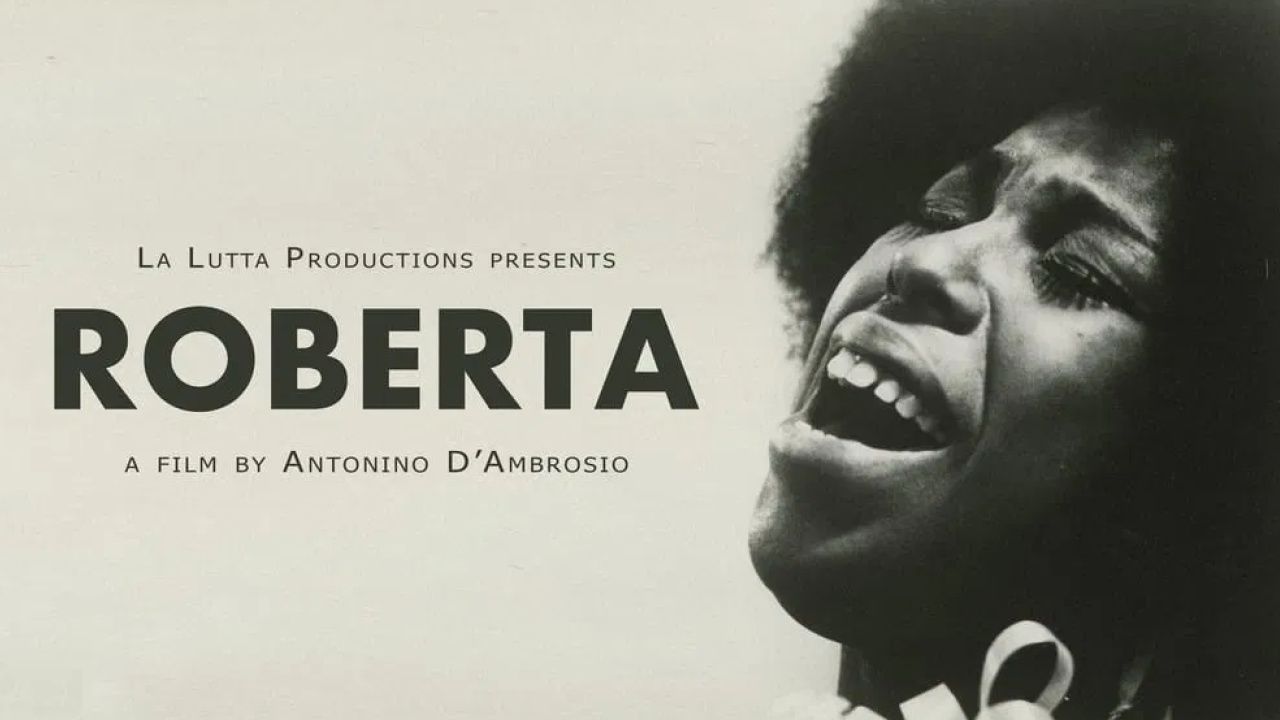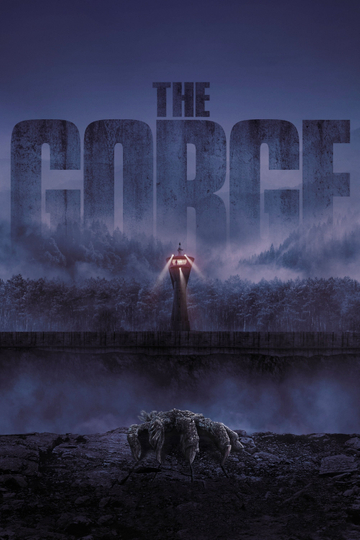Damien Chazelle Talks 'Babylon' and Working with Brad Pitt and Margot Robbie
Moviefone speaks with Damien Chazelle about 'Babylon.' "It's not the kind of movie about older Hollywood that I think anyone is expecting," the director said.
Opening in theaters on December 23rd is the new film from Academy Award-winning writer and director Damien Chazelle (‘Whiplash,’ ‘La La Land’) entitled ‘Babylon.’
The new movie follows the rise and fall of a group of characters during Hollywood’s transition from silent film to talkies in the 1920s.
The incredible all-star cast includes Oscar-winner Brad Pitt, Margot Robbie, Diego Calva, Jean Smart, Jovan Adepo, Li Jun Li,Tobey Maguire, Lukas Haas, Max Minghella, Samara Weaving, Olivia Wilde, Spike Jonze, Flea, Jeff Garlin, Eric Roberts, Chloe Fineman, Ethan Suplee, and Lewis Tan.
Moviefone recently had the pleasure of sitting down in-person with writer and director Damien Chazelle to talk about his work on ‘Babylon,’ what audiences can expect from the new movie, why he was interested in this point in Hollywood’s history, casting Pitt and Robbie, and the importance of music in his films.
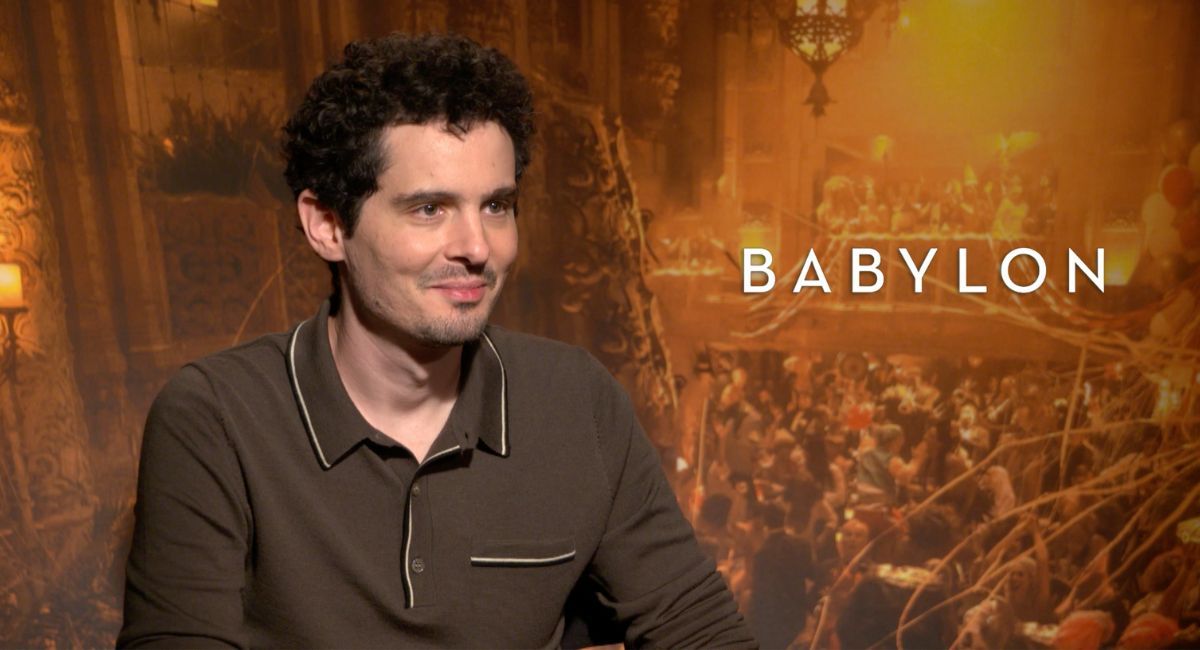
'Babylon' writer and director Damien Chazelle.
You can read the full interview below or click on the video player above to watch our interviews with Chazelle, as well as actors Jovan Adepo and Li Jun Li.
Moviefone: To begin with, what would you say to moviegoers getting ready to sit down and watch this film to prepare them for the experience they're about to have?
Damien Chazelle: That's a good question. I would say just to prepare yourself for a wild ride. It's not the kind of movie about older Hollywood that I think anyone is expecting. It's shocking, it's wild, it's crazy, it's a roller coaster ride, it's an adventure, and it's a party. I would say to go in with that in mind.
But beyond that, I don't know, I wouldn't say much. I think ultimately I made this movie for audiences, for them to have an experience. I think whatever mindset you're in when you sit down in the theater for this movie, it will sweep you up and it's going to take you for a ride whether you want to or not.
MF: What was it about this era in Hollywood’s history, the period moving from silent films to talkies, that really fascinated you and what were some of the themes you wanted to explore with this movie?
DC: Well, a lot of it had to do with just how unhinged the society was at that time. I just hadn't realized the extent to which people at that time partied, how hard they lived, how hard they worked, and how recklessly and transgressively they operated. It was this circus atmosphere that I think in many ways got lost once Hollywood became a little more sanitized and regulated, and became more of a corporate industry.
The Hollywood in this movie is right before that. It's the last gasp of the wild West of early Hollywood when it was still unregulated. It was like people pitching a tent in the desert and making their movies, and doing them the way they wanted to. There was just this manic, hysterical atmosphere where anything went. That was key to try to capture that and take that as far as it went.
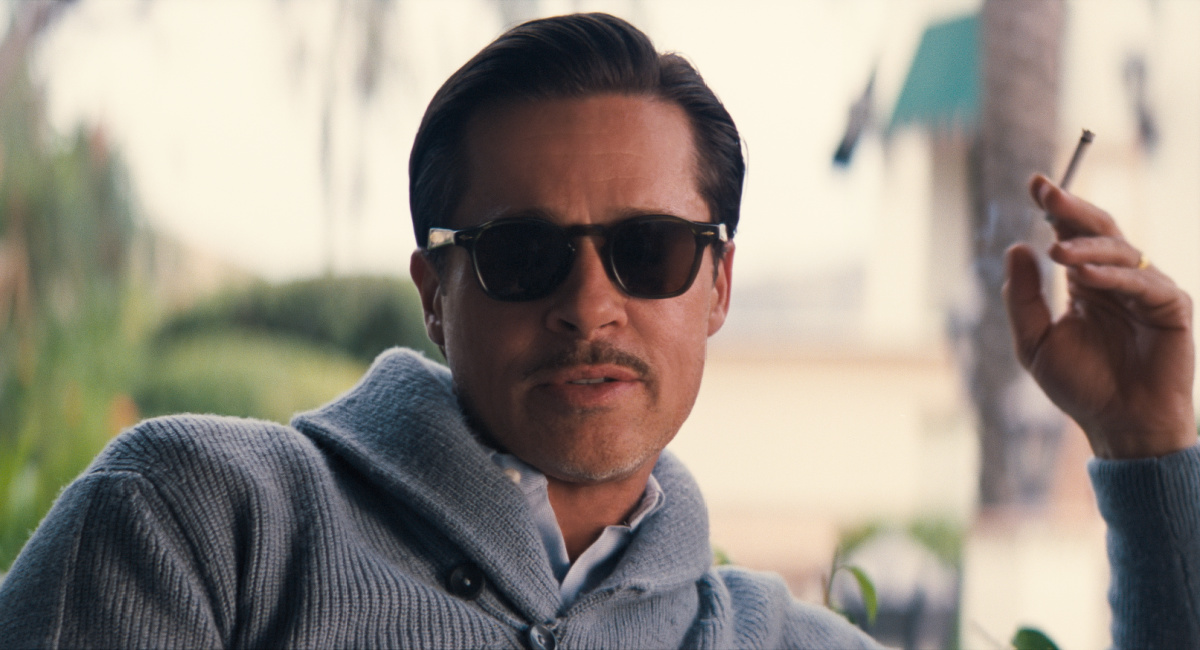
Brad Pitt plays Jack Conrad in 'Babylon' from Paramount Pictures.
MF: Can you talk about casting and working with Brad Pitt and Margot Robbie?
DC: It was amazing. As a director, it's a dream come true. They're such seasoned actors so, yes, on the one hand, you're getting these larger-than-life movie stars, and they're playing larger-than-life movie stars in the movie, so that's kind of perfect. But they're also just real thespians.
They deliver. They know how to craft performances that move you and make you laugh and cry and break your heart. They take you on a ride. I think they help ground this movie and make it human, so that even at its most excessive, larger-than-life, outrageous, shocking moments, you still feel a beating heart underneath. That's thanks to them, I think, and the rest of the cast.
MF: Margot has a scene in the movie where her character has to cry on cue. Did she actually do that on set, or did you have to enhance it in post?
DC: That is Margot! Otherwise I wouldn't have been able to shoot it. You can't CG that!
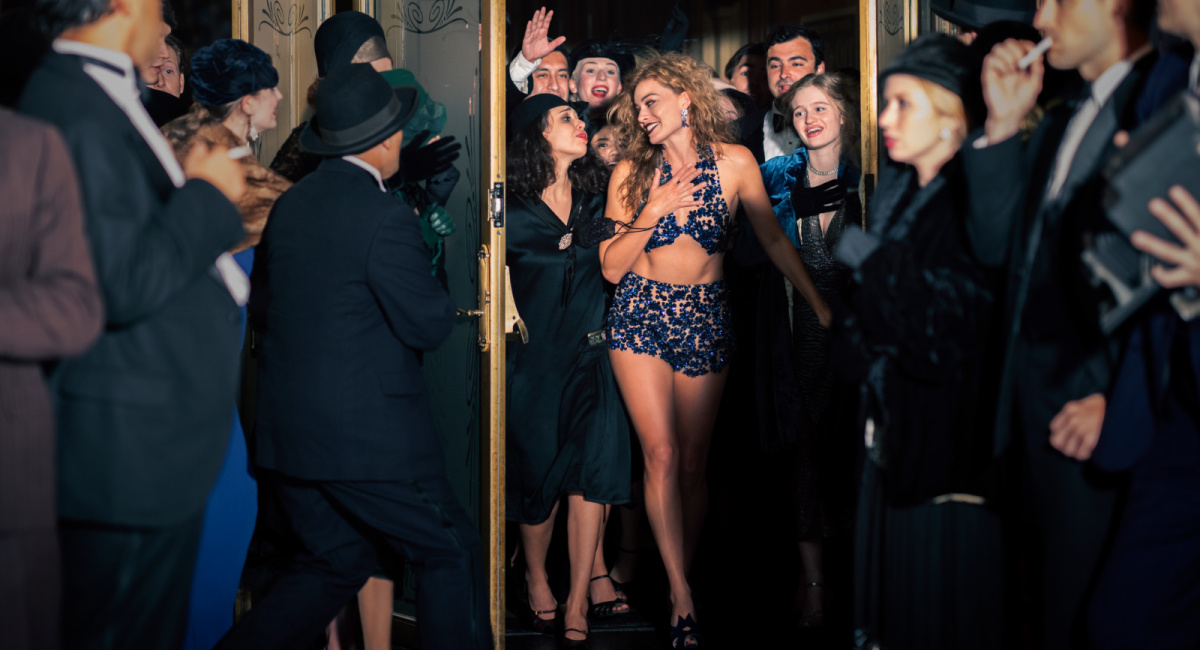
Margot Robbie plays Nellie LaRoy in 'Babylon' from Paramount Pictures.
MF: Finally, can you talk about Justin Hurwitz’s music for the film and the importance of music in all your movies?
DC: Music comes early on for me. I work with the same composer, Justin Hurwitz, for all my movies. We've worked together since college. We have a shorthand at this point. As soon as I have a script, I hand it to him, and he starts working on the music.
By the time I'm shooting, I've got a lot of the music already in place. We can play it on set and we can set the mood with it. We can have the actors dancing to it and thinking about it, and just letting it seep into their body. You get a sense of what the tone is right away. That's really important to me, and especially with this movie. I knew I needed a very specific tone and a specific kind of energy and pulse, and that's what the music provides.
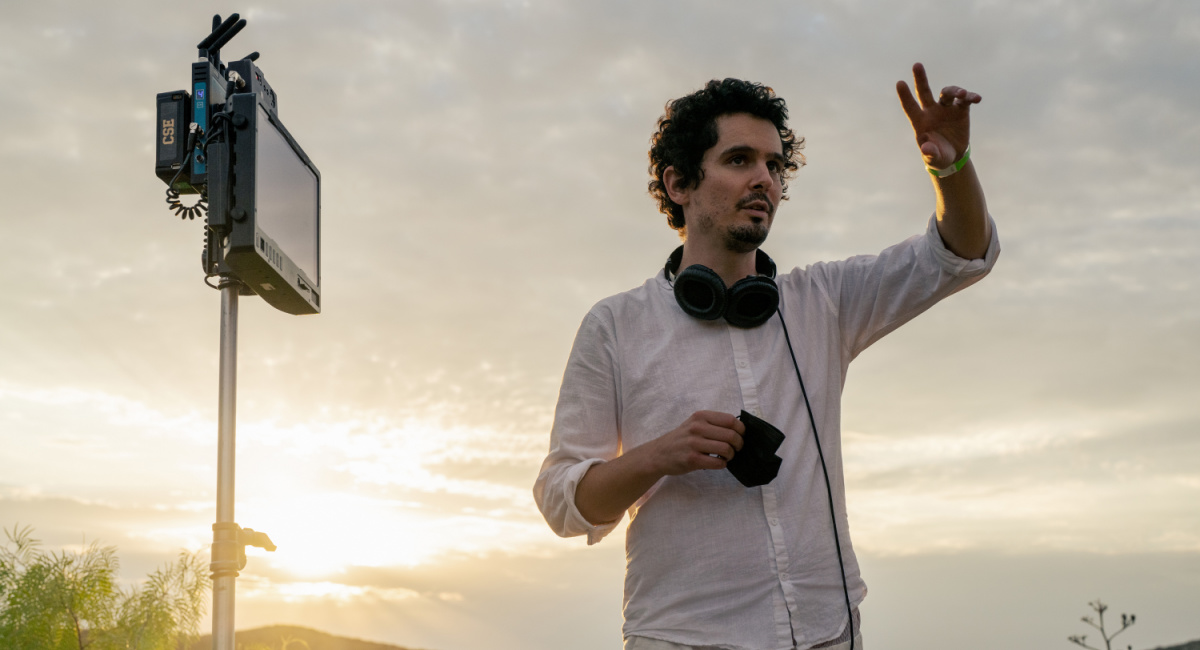
Director Damien Chazelle on the set of 'Babylon' from Paramount Pictures.
